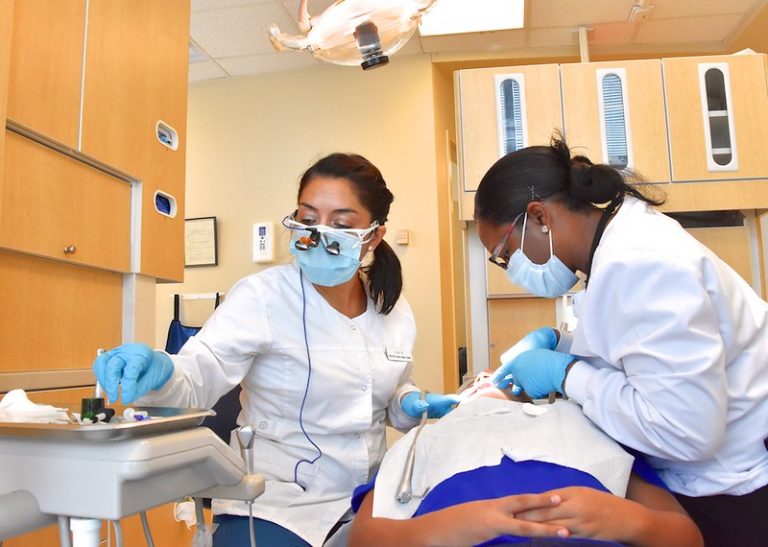
Have you ever heard your dentist discuss dental sealants with other patients? Well, now you can learn more about the benefits and procedures of this dental process.
What are Sealants?
Dental Sealants are protective coating, made from plastic or other dental sealants that stick to the back of your teeth. Sealants act as barriers to harmful germs and food that cause tooth decay over time. Of course, brushing and flossing aid in the process of eliminating cavities, but sealants can cover spots where the toothbrush cannot reach, along with deeper grooves in your teeth more prone to cavities.
Sealants are often applied to children’s adult teeth to help prevent cavities for many years, and the American Dental Association recommends the procedure. But now, more adults are also asking for sealants. Here are some advantages:
Reduce Decay – Sealants have shown to reduce tooth decay by almost 80 percent in molars. Molars are the teeth that are positioned in the back of your mouth. Salivary flow does not help clean the plaque off molars, leaving them at a disadvantage. Plus, teeth with deep grooves, usually found in molars, have higher chances of developing cavities. Sealants can prevent this by filling in those vulnerable spots.
Long-Lasting – Sealants can last up to 15 years or longer.
Cost-Effective – Sealants are cost-effective. Sealants cost less than half of one filling. Fillings range from $60 to $150 per tooth, while sealant price ranges from $25 to $35 per tooth. In the long run, sealants will not only keep your teeth healthy and strong but also save you money. Some insurance carriers cover the cost of sealants in adults, but not all.
Painless Process – Sealants are painless and easy to apply. After treatment is not needed and the procedure is completed in a matter of minutes. After the sealant material is applied to the teeth, it is then hardened with a curing light. The area is then carefully checked and you can eat normally afterward.
If you have any questions or concerns regarding dental sealants, do not hesitate to contact us. We will be more than happy to discuss pricing and procedures with you.